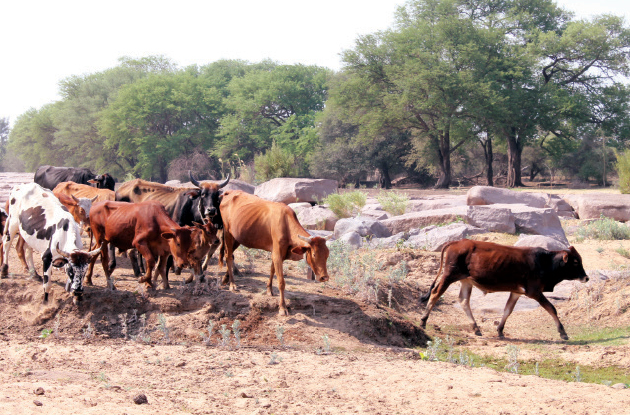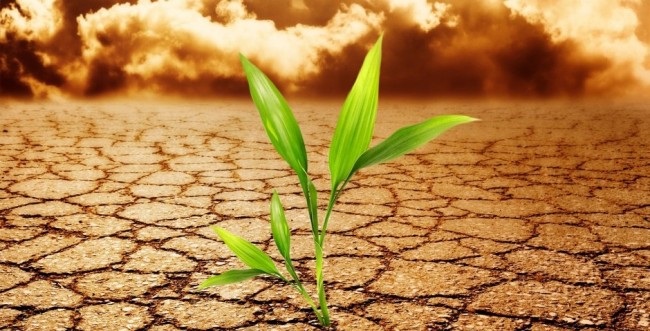COMMENT: Destock to ensure cattle herds survive

Since the start of the fast-track land reform and redistribution programme in 2000, the government has been accused of concentrating its support on crop production with little going to the livestock sector.
In successive seasons, the government has rolled out input support programmes, distributing seed, fertiliser, pesticides, planters, combine harvesters and so on but tended to offer less for cattle farmers.
Much of the country’s south-western region is so dry crop production is tricky, thus people raise cattle and goats instead. When subsdised inputs came, villagers were handed pockets of fertiliser and seed maize, which they planted but always failed. It is these farmers, who weren’t happy with what they viewed as the government’s greater focus on crops to the apparent exclusion of livestock.
Yes, there are government investments in dipping facilities in the countryside and the Veterinary Services Department was decentralised and capacitated but it appeared crops were better served than cattle.
However, we saw an effort to elevate the latter when President Robert Mugabe, in constituting his post-July 2013 Cabinet, appointed Cde Paddy Zhanda as Deputy Minister of Agriculture, Mechanisation and Irrigation Development responsible specifically for livestock production while Cde Davison Marapira focuses on crops.
Just last week, we heard Agriculture Mechanisation and Irrigation Development Minister, Joseph Made telling Parliament that the government was mobilising $210 million to minimise the impact of the El Nino-induced drought on livestock and wildlife.
“On cattle, we’ve a support programme where we’re going to spend about $139 million on the livestock programme,” said Minister Made.
“On the livestock destocking programme, we will chip in with $54 million, and on wildlife support we will assist with $15 million.”
The support will go a long way in assuaging cattle producers and prove that the government recognises the challenges posed by the drought and is working to address them. Furthermore, it confirms that authorities recognise the farmers’ positive contribution to the agriculture sector and the economy at large.
The government estimates that 16,500 head of cattle have perished due to lack of pasture and water caused by the drought in Masvingo, Matabeleland South, Matabeleland North and southern Midlands provinces.
This has seen some cattle owners in Masvingo and Matabeleland South selling some of their emaciated cattle for as little as $30.
The minister did not elucidate how the $139 million would be used but we assume that it will be spent on buying supplementary feed, provision of water, vaccination and so on. Hay can be secured from the northern and central parts of the country where the drought is not as intense and ferried to the south for farmers to feed their cattle.
Minister Made touched on the always emotive subject of destocking excess cattle as a strategy to limit farmers’ losses.
“We envisage that farmers that are in the arid areas that don’t have sufficient rainfall and pastures should destock before the livestock die of famine or lack of grazing. I’m saying so because in some areas there hasn’t been any rainfall, as a result we don’t have grazing pastures. The key point is livestock farmers should destock and sell most of their cattle before they die,” said Minister Made.
Our sister paper, Sunday News reported at the weekend that some farmers in Matabeleland and Midlands are reluctant to destock.
“Why should I sell my cattle?” asked Freedom Maposa, of Mberengwa. “To save them from drought? Never. I can’t sell my symbol of wealth. What will be left of me if I do that? We will find other means of making sure that our animals survive. Selling them isn’t an option.”
In traditional settings, farmers value their cattle so much that destocking is never contemplated. We appreciate that because cattle don’t simply have a pecuniary value for many Zimbabweans, but also social and cultural ones.
However, in the prevailing dire circumstances, we urge cattle owners to reduce their herds so they concentrate on a few of their animals. They can always restock in better seasons. Destocking is far much better than holding on to a large herd that gets decimated by drought. Farmers can reduce their stock to raise money to buy food for themselves and for the remaining animals.
On the package for wildlife, it looks a bit small but should work because wildlife is generally more resilient than domesticated animals. Also, a large part of the game population in the country is in parks whose owners have their own means to provide for them during droughts. We expect the Zimbabwe Parks and Wildlife Management Authority, conservancy owners and safari operators to invest in the welfare of the animals from which they earn millions through hunting and photographic safaris.
By and large, we are encouraged by the government’s strategy to drive the nation’s cattle herd and wildlife through the drought.











Comments